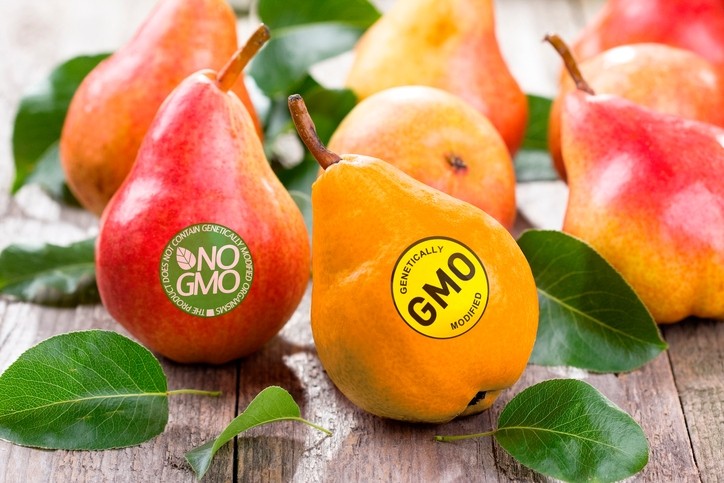NOSB votes to keep ‘GMO 2.0’ techniques out of organic

While gathered in St. Louis for the fall NOSB meeting, board members voted unanimously to recommend the US Department of Agriculture prohibit so-called GMO 2.0 technology from use in organic production, including new genetic-editing techniques, such as CRISPR and TALEN, and synthetic biology, such as that used to create vanillin flavoring.
The highly-supported decision validates NOSB’s Materials and GMO Subcommittee’s proposal to adopt several flexible definitions of terms and acronyms related to genetic engineering rather than “the old approach … of trying to capture all the methods and terms into one definition, because it will be out of date as soon as the next round of new technologies arrive,” according to the proposal.
The new definitions cover genetic engineering, genetically modified organism, modern biotechnology and synthetic biology, and all draw from widely accepted international standards.
The subcommittee said the last element was important because the organic community in the US needs “common ground with other countries who are concerned about GMOs in organics.”
The subcommittee also took a bold step in contributing to the definition of what organic is -- not only what is excluded -- by defining classical and traditional plant breeding techniques that are allowed.
Specifically, it suggests classical or traditional plant-breeding relies on phenotypic selection, field based testing and statistical methods for developing varieties or identifying superior individuals, rather than a technique of modern technology.
The definition details the steps to conduct breeding and explicitly states: “classical breeding does not exclude the use of genetic or genomic information to more accurately assess phenotypes, however, the emphasis must be on the whole plant selection.”
Several stakeholders, including the National Organic Coalition, praised the addition of what is allowed by defining classical and traditional breeding as this has not been defined previously.
The definitions will be in the supplemental guidance that will accompany the regulations -- allowing the current rule to remain intact, according to the proposal.
Also in the guidance, as proposed by the subcommittee, will be a terminology chart which adds specificity to the flexibility of the more general definitions.
This charge is where specific excluded genetic modifications are listed, including targeted genetic modifications (such as gene-editing), gene silencing, accelerated plant breeding techniques, synthetic biology, animal cloning and plastid transformation.
Marker assisted selection and transduction also are included as specifically not excluded.
Additional criteria for defining GMOs
As a fluid and forward-looking proposal, NOSB also voted to approve criteria to use to determine if new methods should be excluded in the future.
These include respecting the genome as an indivisible entity, protecting the ability of the variety to reproduce in a species-specific manner, preventing “novel proteins and other molecules produced from modern biotechnology” from being introduced, and encouraging the exchange of genetic resources.
The affirmative vote was lauded by Friends of the Earth International, the Organic Trade Association and other industry leaders.
It also follows a move by several companies dedicated to organic, such as Ben and Jerry’s and Straus Family Creamery, to commit to not sourcing synthetic biology based ingredients.
The longterm effects of decision questioned
But at least one advocate for the reformed definitions and excluding the technology from organic also asked if doing so so could hinder the organic industry’s ability to adapt in the future.
“If some gene editing techniques are forever banned from organic seed breeding, will we eventually become a Luddite bevy of breeders?” Melody Meyer, VP of policy and industry relations for United Natural Foods, asked in an Organic Matters post before the NOSB meeting.
“Will we be putting ourselves at a disadvantage in the race to heal the planet of unsustainable farming practices? I don’t know the answers,” she added, while at the same time emphasizing that she does support excluding genetic engineering from the definition of organic.










